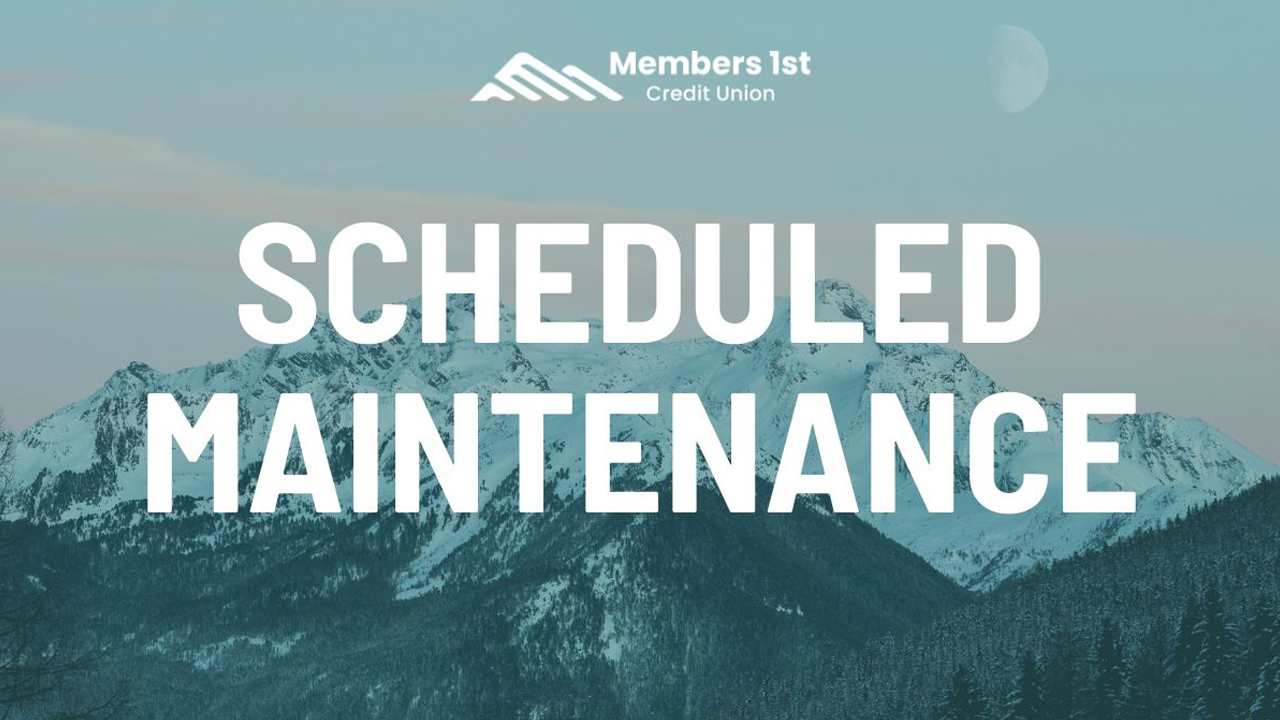
Beware of Current Vacation and Travel Scams
As travel picks up in 2024, so do the scams targeting eager vacationers. Fraudsters are getting increasingly crafty, making it essential for travelers to stay vigilant and informed. This blog will highlight some of the most common travel scams currently circulating and provide tips on how to avoid falling victim to these fraudulent schemes.
Common Travel Scams
1. Fake Vacation Rentals: One of the most prevalent scams involves fake vacation rentals. Scammers post attractive rental properties on popular travel and accommodation websites at unbeatable prices. Once the victim shows interest, they are asked to pay a deposit or the full rental amount upfront, only to find out later that the property doesn't exist or belongs to someone else.
2. Phishing Emails and Fake Websites: Travelers often receive emails that appear to be from legitimate travel agencies or airlines, offering deals that seem too good to be true. These emails usually contain links to fake websites designed to steal personal and financial information.
3. “Free” Vacation Offers: Scammers lure people with promises of free vacations. These offers often require the victim to pay upfront fees for taxes, insurance, or other charges. Once the payment is made, the vacation package turns out to be non-existent.
4. Taxi Overcharges and Fake Guides: In many tourist destinations, travelers can fall prey to taxi drivers who overcharge or take unnecessarily long routes. Similarly, fake guides offer their services at popular tourist spots, providing misleading information and charging exorbitant fees.
5. Timeshare and Vacation Club Scams: These scams involve high-pressure sales tactics to get travelers to invest in timeshares or vacation clubs. The promised benefits often never materialize, leaving the victim with a costly, long-term financial commitment.
How to Protect Yourself
1. Research Thoroughly: Research the property and rental agency Before booking any accommodation. Look for reviews from previous guests and verify the listing on multiple platforms. Be wary of listings with limited or no reviews.
2. Use Reputable Booking Platforms: Stick to well-known and reputable booking platforms that offer secure payment methods and buyer protection. Avoid wire transfers or payment methods that offer no recourse if something goes wrong.
3. Verify the Source: If you receive an email offering travel deals, verify the sender's email address and check for any signs of phishing, such as misspellings or suspicious links. Instead of clicking on email links, go directly to the airline or travel agency's official website.
4. Be Skeptical of Too-Good-To-Be-True Offers: If a vacation deal seems too good to be true, it probably is. Be cautious of offers that require upfront payments for "free" vacations or prizes.
5. Know the Fair Rates: Familiarize yourself with the average costs of taxi rides and common tourist activities in your destination. This knowledge can help you spot overcharges and negotiate fair prices.
6. Trust Your Instincts: If something feels off or you're pressured into making quick decisions, trust your instincts and walk away. Legitimate offers will only require immediate decisions or upfront payments with proper documentation.
While travel scams can be daunting, staying informed and vigilant can help you avoid falling victim to these fraudulent schemes. Research thoroughly, use reputable platforms, verify sources, and trust your instincts to enjoy a safe and scam-free vacation in 2024. By taking these precautions, you can focus on creating wonderful travel memories without worrying about being scammed. Safe travels!
For more detailed information on avoiding travel scams, visit the Federal Trade Commission's guide.


.jpg)
.jpg)
